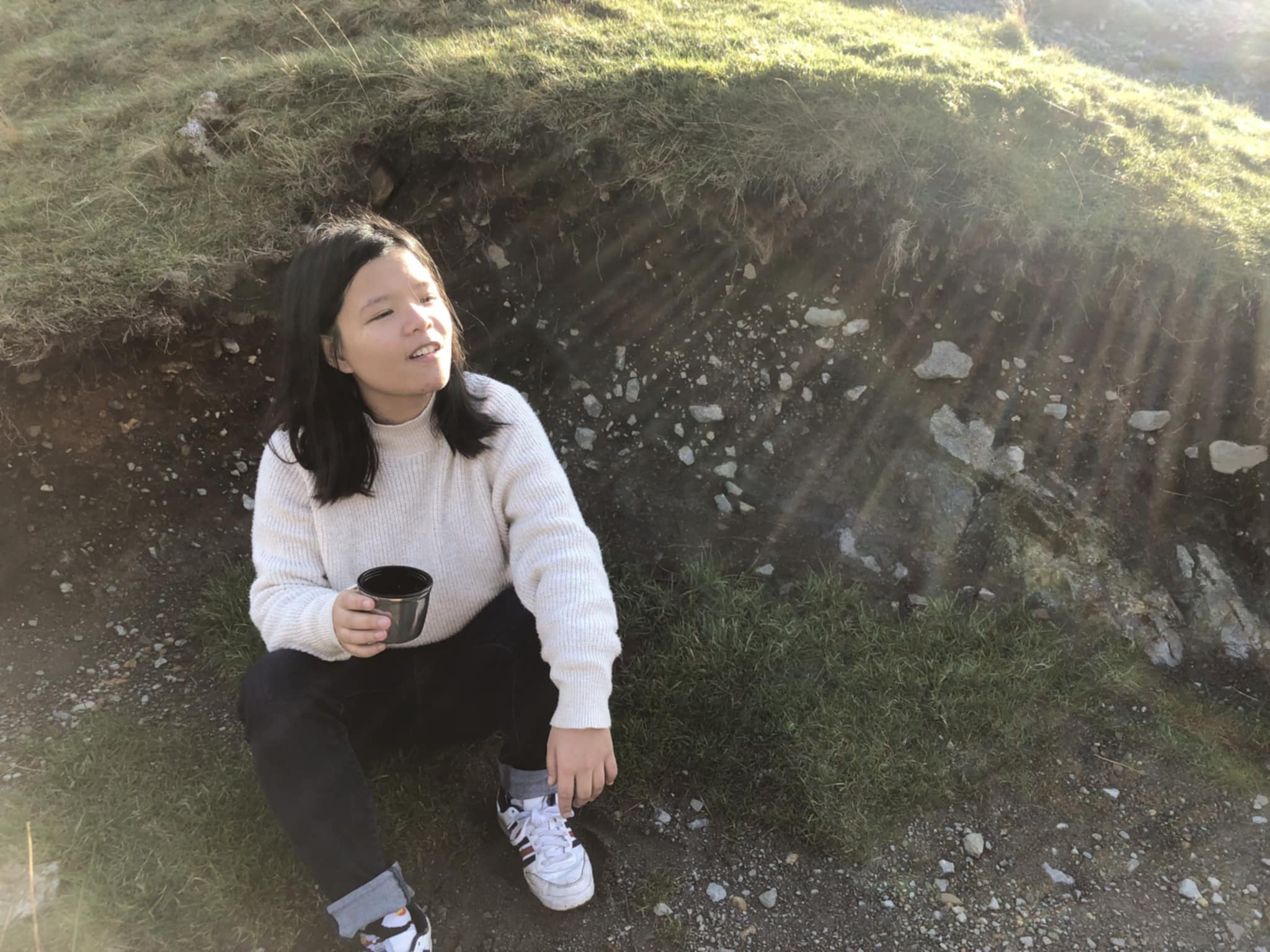Chia-Yen Chiang
 Tell us about your work
Tell us about your work
My work involves using various sensors to monitor many types of traffic, e.g, cars, pedestrians, cyclists, and building machine learning/AI models to detect and predict their traffic patterns, e.g, types of cars, number of passengers in a car, jogging, walking, cycling, e-scootering and skateboarding.
The fun (or funny) thing about this work is to collect sensing data in the real life on a road. I remember a time where my supervisor and I were collecting data when we had to walk/cycle/etc, back and forward to ensure our movement was recorded by the sensor. The whole road was in the middle of nowhere with very little traffic apart from us there. We were behaving quite oddly, repeatedly crossing the road. Some people even rolled down their windows to watch us.
What inspired you to choose EECS?
After I graduated from Lancaster University, I was looking for a data scientist job in the UK to deepen my expertise. However, being a graduate who previously switched majors, without much working experience caused difficulties. It was Queen Mary’s EECS department which accepted me as a PhD student. During my research period, I strongly felt QM valued gender equality and promoted diversity. I have more female colleagues than male colleagues. Moreover, frequently hosted seminars and workshops broadened my knowledge on how AI/data science can accelerate various scientific fields. It is the reason why I chose EECS: using technologies to accelerate science and be an example to inspire people who thought they don’t have potential to work in EECS. They do!
What’s the best thing about your work?
As a researcher, I have abundant time to explore an interesting research question and try to solve it; whereas working in the private sector the primary concern would be delivering solutions quickly to customers and selling profitable products or services.
Moreover, many EECS PhD projects in Queen Mary involve collaborating with industrial partners. This means we get to develop software/hardware that can make an impact in our daily life. For example, in my PhD project, I have worked with Fotech Solutions Ltd, a technology company provides detection and monitoring solutions with Distributed Acoustic Sensors (DAS). The sensor can capture vibrations from any entity above ground. We have developed an AI model using this sensor to automate vehicle type and occupancy detection/estimation, which is critical for the traffic monitoring. For the coming year, we will use the sensor to measure cycling speed/acceleration. This information can potentially help identify cycling accidents.
When not at EECS, what are your interests?
I have an allotment and I go there every weekend for taking care of my plants. I have many fruit trees, crops, and flowers in the plot. Last year, I installed a wildlife pond and many creatures (frogs, damselflies, hover flies, spiders, and snails) have taken it as their home. I really like the nature; it is part of the privilege working remotely from Bath.